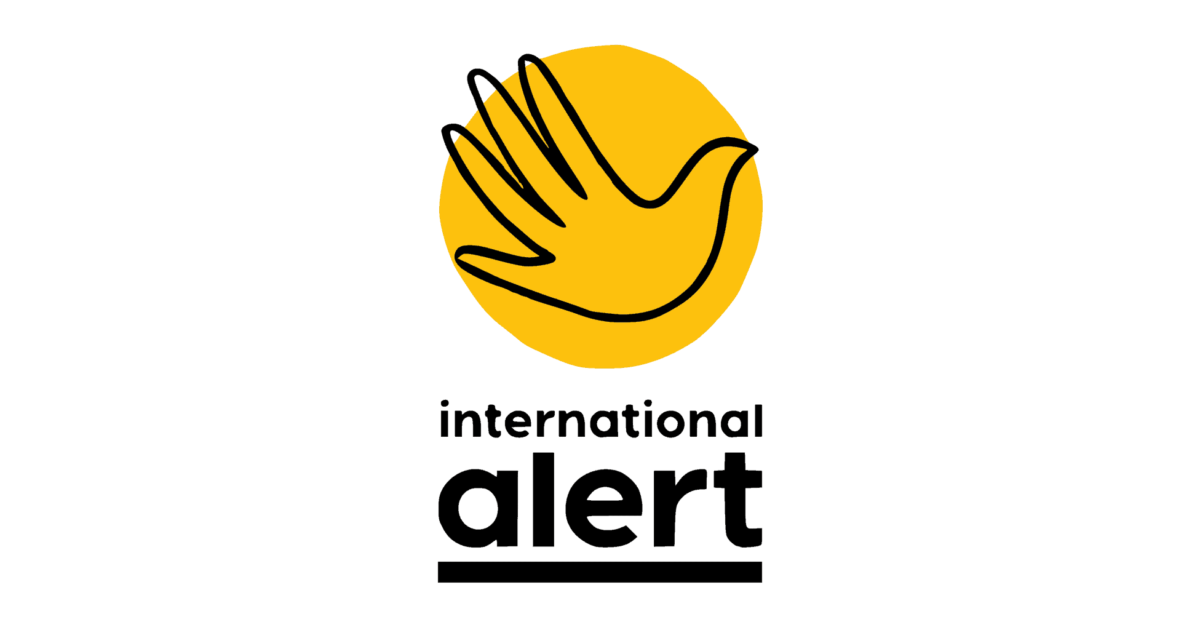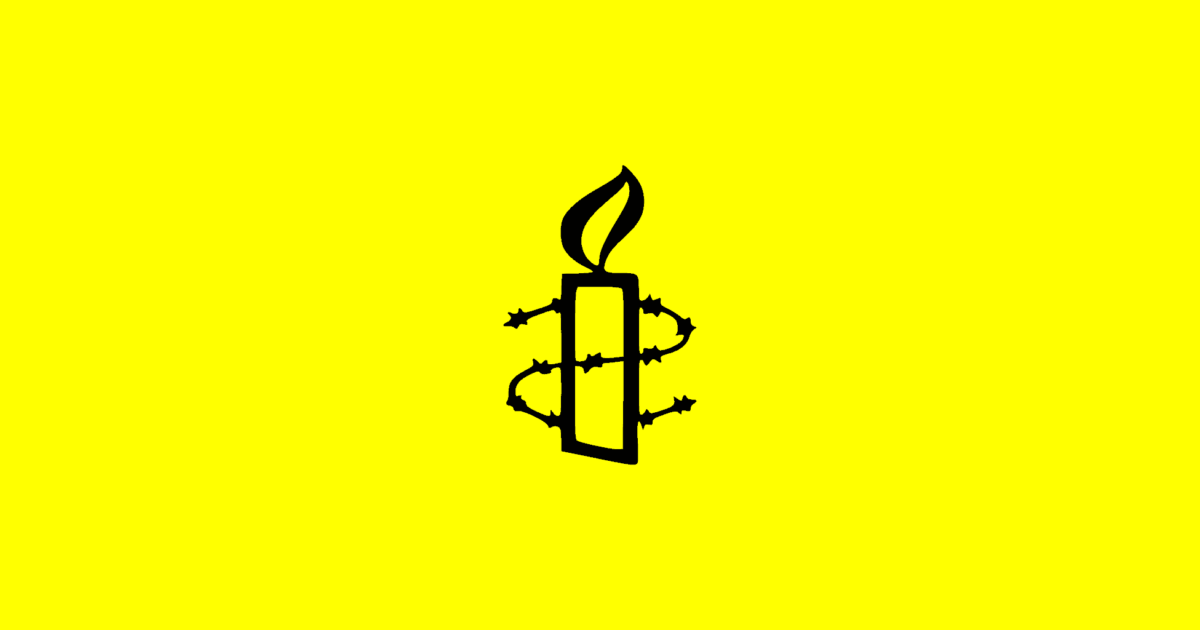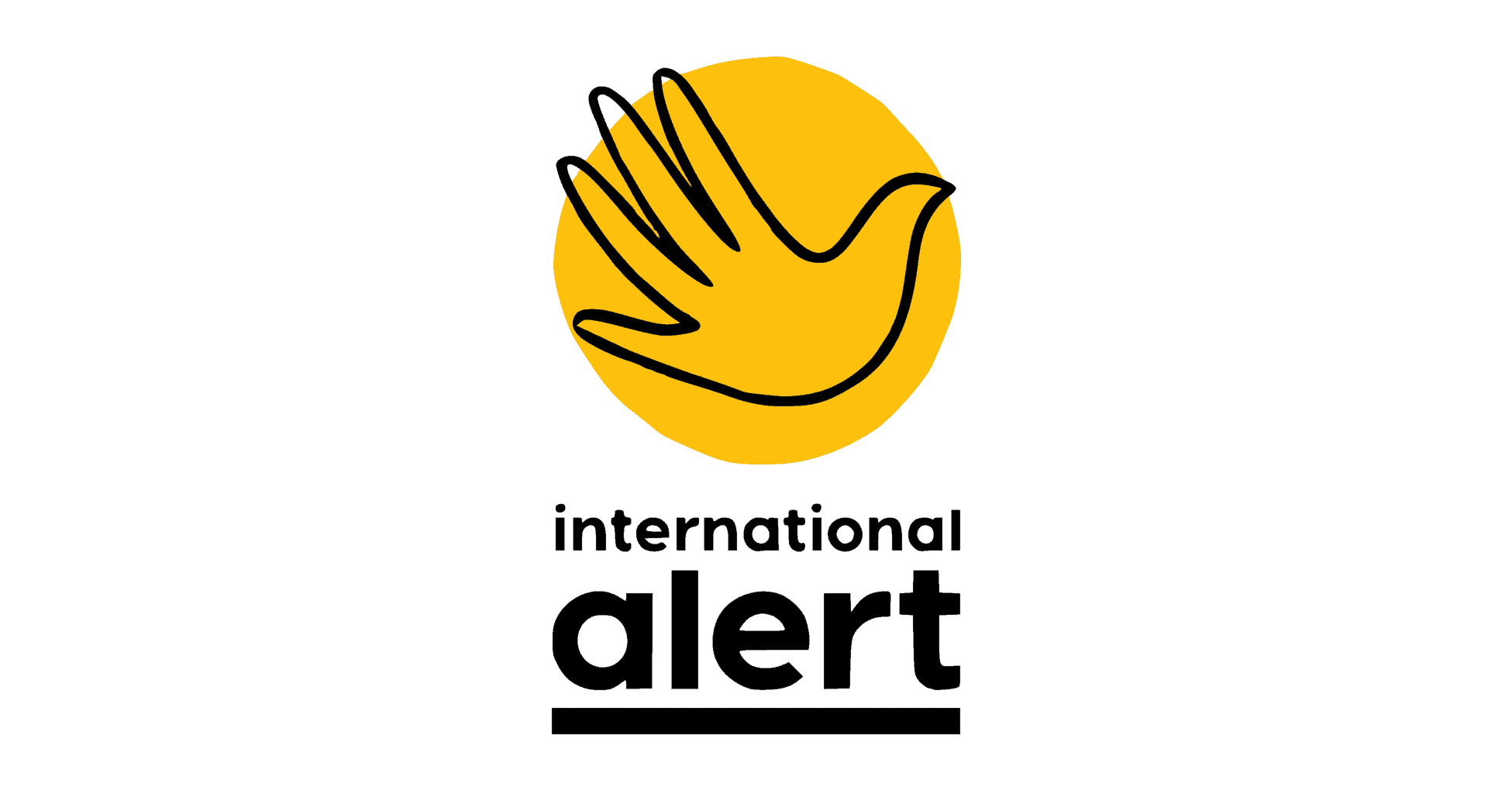Lebanon
Lebanon
Women’s rights activists focus on ending domestic violence, changing the penal codes, and increasing women’s political participation in Lebanon— particularly within reconstruction and peacebuilding efforts. Women’s security is also a major concern, with extremist attacks along the Syrian border.
Lebanon’s history of instability and insecurity have negatively impacted women. Failed presidential elections, the struggle to host over one million Syrian refugees, and proximity to the Syrian war have sidelined efforts to improve women’s rights. Women are discriminated against in legislation and in the court system, including in the areas of marriage, divorce, and the custody of children. Lebanon’s legal conflicts between criminal, civil, and religious authorities have also made it difficult for women to exercise and advocate for their rights.
In 1997, Lebanon ratified the Convention on the Elimination of All Forms of Discrimination Against Women (CEDAW). In April 2014, Lebanon also passed the Domestic Violence Law, criminalizing abuse and promising protection and legal recourse for women; however the law has not made a discernable impact on women’s protection. Lebanon does not have a National Action Plan.
Based on the work of the NGOWG and its partners, the NGOWG advocates for the Security Council to ensure that the mandate of the UN mission in Lebanon (UNIFIL) is strengthened and that gender issues are integrated into all response activities. Specific attention must be paid to women’s participation in all security-related matters, including disarming non-state armed groups, and gender-sensitive needs assessments to effectively coordinate humanitarian assistance.
Current and Past Recommendations to the UN Security Council (Monthly Action Points)
The Security Council is expected to hear a report from the Secretary-General on the implementation of SCR 1559 (2004) on the situation in Lebanon. The Council should request information, within the context of the influx of Syrian refugees, as well as the situation for Palestinian refugees, on actions being taken to meet the protection and assistance needs of refugee and internally displaced women. Such discussion has been lacking in previous reports of the Secretary-General on the same issue (S/2012/244). Further, women’s participation in political systems and peacebuilding efforts, as well as efforts to address and prevent sexual and gender-based violence should be addressed within the report and raised by Council members. Council members also must insist that the National Dialogue is inclusive, and includes women and women’s civil society as active participants in meetings on a regular basis.
Relevant Resources







